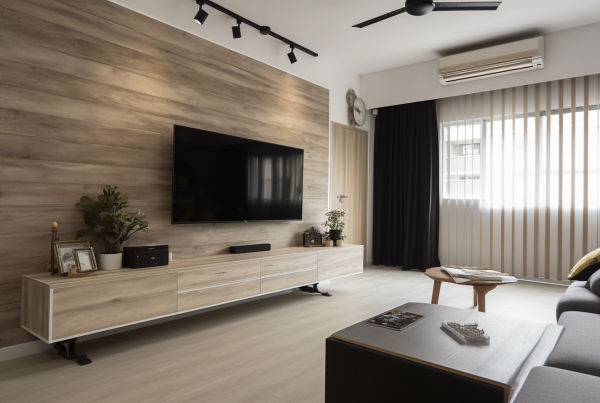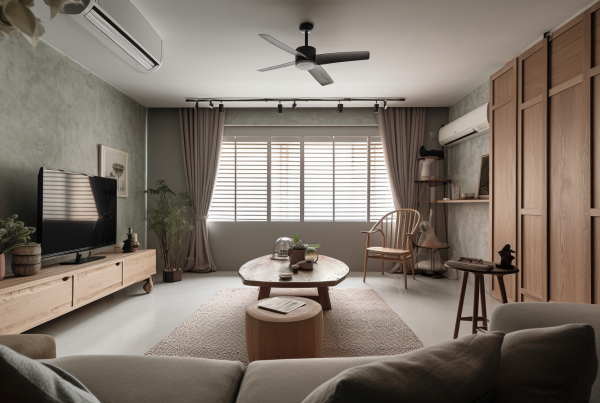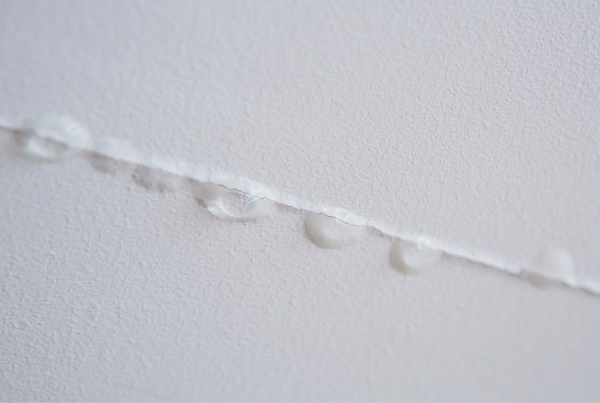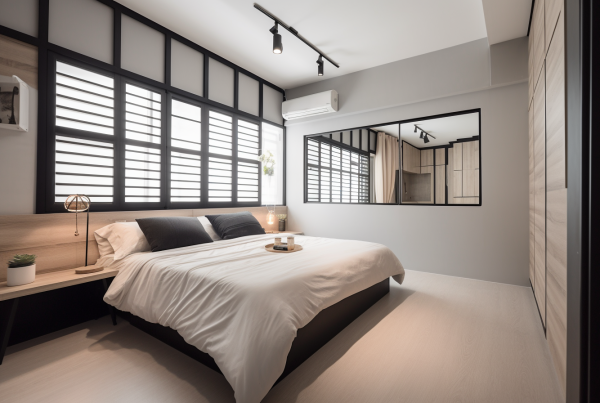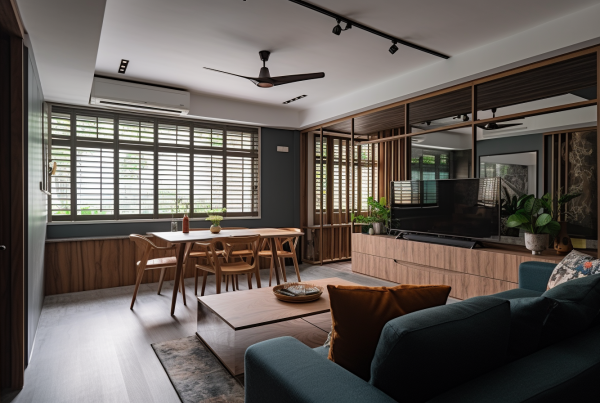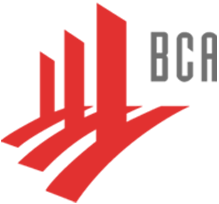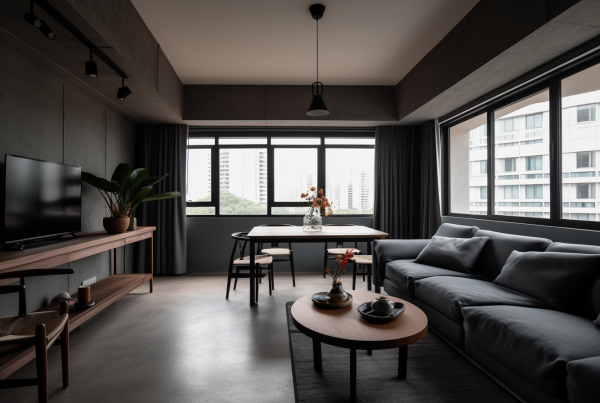
Timeline and Procedure to Renovating Your Resale HDB Flat
January 15, 2024
Timeline and Procedure to Renovating Your Resale HDB Flat
Embarking on the journey of renovating your resale HDB flat in Singapore is akin to navigating uncharted waters. It’s a significant undertaking that demands meticulous planning and collaboration between you, the homeowner, and the chosen interior designer or contractor. A well-executed renovation not only enhances…


